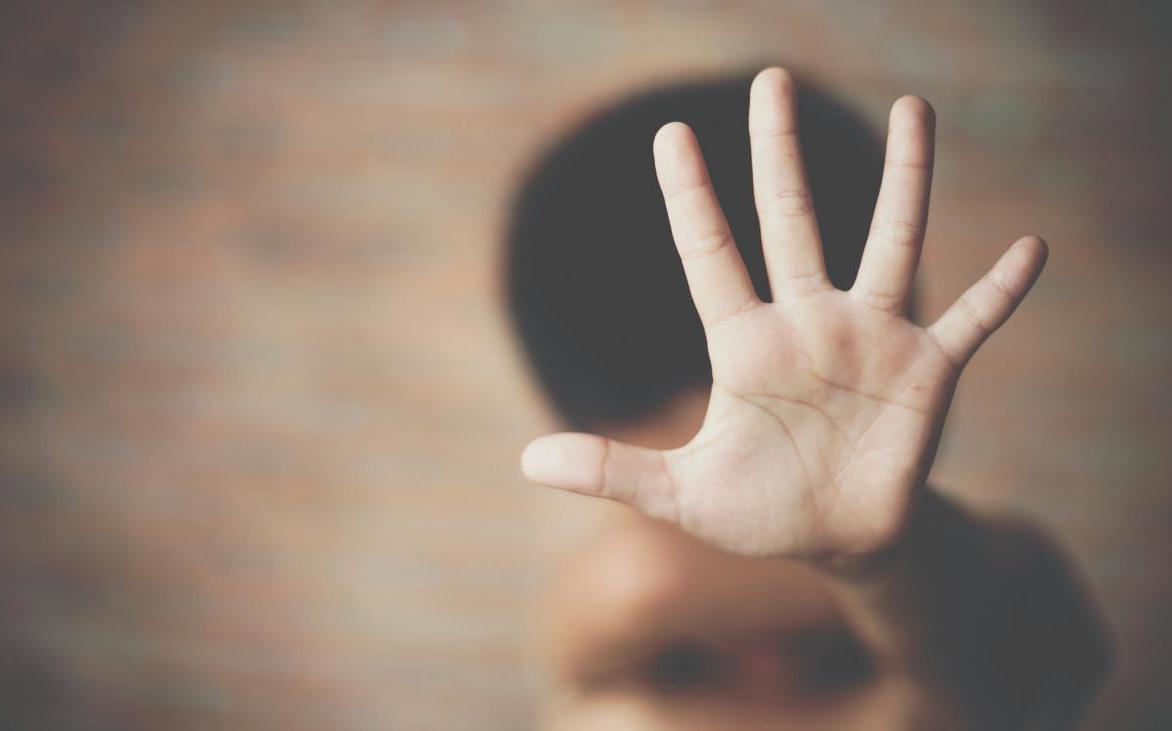
4 minute read
Spring Clean Your Medicine Cabinet
By Cassie Johnson
For many of us, Spring is the time to de-clutter closets, organize pantries, and get rid of items around the house we no longer use. One place we don’t often clean out is our medicine cabinet! The Kentucky Cabinet for Health and Family Services’ Behavioral Health Prevention and Promotion Branch, together with the Four Rivers Regional Prevention Center is partnering with the FDA to promote safe prescription drug disposal and safe storage.
Advertisement
“It’s time to dispose of those unused, expired medications and reevaluate how you store prescription medications in your home,” said Cynthia Turner, Director of the Prevention Department. “We have already purchased 72,000 Medibags that pharmacies put prescriptions in for customers.”
Take Back Day
The Medibags are paper bags that your prescriptions might come in that contain information about the Remove the Risk campaign, safe opioid disposal and storage, and tips on what to ask your doctor before taking opioids. The Drug Enforcement Agency will hold a Take Back Day on April 24th to dispose of unused and expired medications. For more information, visit takebackday.dea.gov and visit the Kentucky Office of Drug Control Policy at odcp.ky.gov/pages/prescription-drugdisposal-locations.aspx to search for drop off locations by county.

Opioid Disposal Is Important
Otherwise known as pain pills, opioids are commonly prescribed after surgery, chronic pain, or for injuries. These powerful, pain reducing medications include oxycodone, hydrocodone, and morphine. Opioids can have extremely serious risks if they are misused, whether that be intentional or accidental. Proper disposal of medication is especially important when it comes to this class of drugs.
Kids and teens can be very curious and may be unaware of the risks associated with taking these drugs. They may have seen or heard that these drugs can make them feel differently. Intentional misuse of prescription pain relievers by teens is an important public health issue, contributing to alarming rates of overdose and death. In 2018, there were 67,367 overdose related deaths in the United States. Two out of three of those deaths involved opioid abuse. Removing these medicines as soon as possible reduces the chance that your child might take them by mistake or on purpose. In April and May, the prevention center is also providing six virtual regional opioid toolkit trainings. Each session is free and only lasts about an hour. Business trainings will be in April and faith-based organizations in May. The first 25 participants registered are guaranteed a NARCAN kit and medication lock bags. All participants will receive a resource packet providing information on how to use NARCAN and the importance of safe opioid disposal.
“Participants will learn signs and risk factors of opioid misuse, current opioid use and overdose trends, the correlation between suicide and overdose, and the role that each sector plays in preventing opioid misuse,” Turner said.
Sharing is NOT Caring!
Medications are prescribed to you - not you, and your friend, sibling, or first cousin twice removed! One of the most responsible choices you can make is to keep prescribed medicines, especially opioids, to yourself. Many people who misuse prescription pain-reducing medicines admit they got it from a friend or relative.
To Flush or Not to Flush?
Contrary to belief, flushing medications is not always the proper method of disposal. When determining the correct way, there are a few questions to ask. First, is that specific medicine already on a take-back option? If so, this is the preferred route you should take? Visit FDA.gov/ DrugDisposal or check with your pharmacist or local law enforcement officials to find a take-back location near you.
If there is no take-back option, check to see if the medicine is on the FDA Flush List. If so, by all means give it the proper burial at sea! Otherwise, some medications can be thrown away in the household trash by following special instructions.
Don’t Just Toss It!
Before you dispose of any medication please read the label for special disposal instructions. Simply putting medications in the weekly garbage is not the safe answer! Mix the medication with an inedible substance such as dirt, cat litter, or used coffee grounds. Put the mixture into a container such as a sealed plastic bag, then throw it into the trash. Don’t forget about the label. Either peel it off and put it in your paper shredder or scratch out all of the personal information. Making the text on the label unreadable is your top priority before tossing the bottle into the trash or plastic recycling bin.
Store medications out of sight and reach from your children. If you keep medicines hidden in places such as a bedside table or desk drawer, don’t forget to keep them in the childproof bottle rather than another container. Children may mistake the pills for candy and cause unintentional harm to themselves. In addition, check the labels on medications you have in your purse, office, or vehicle. All expired medicines should be properly disposed of, not only those in your medicine cabinet.
For questions on opioid disposal or opioid abuse prevention, contact the Four Rivers Regional Prevention Center at Four Rivers Behavioral Health at 270.444.8039.
Sources: cdc.gov; fda.report










